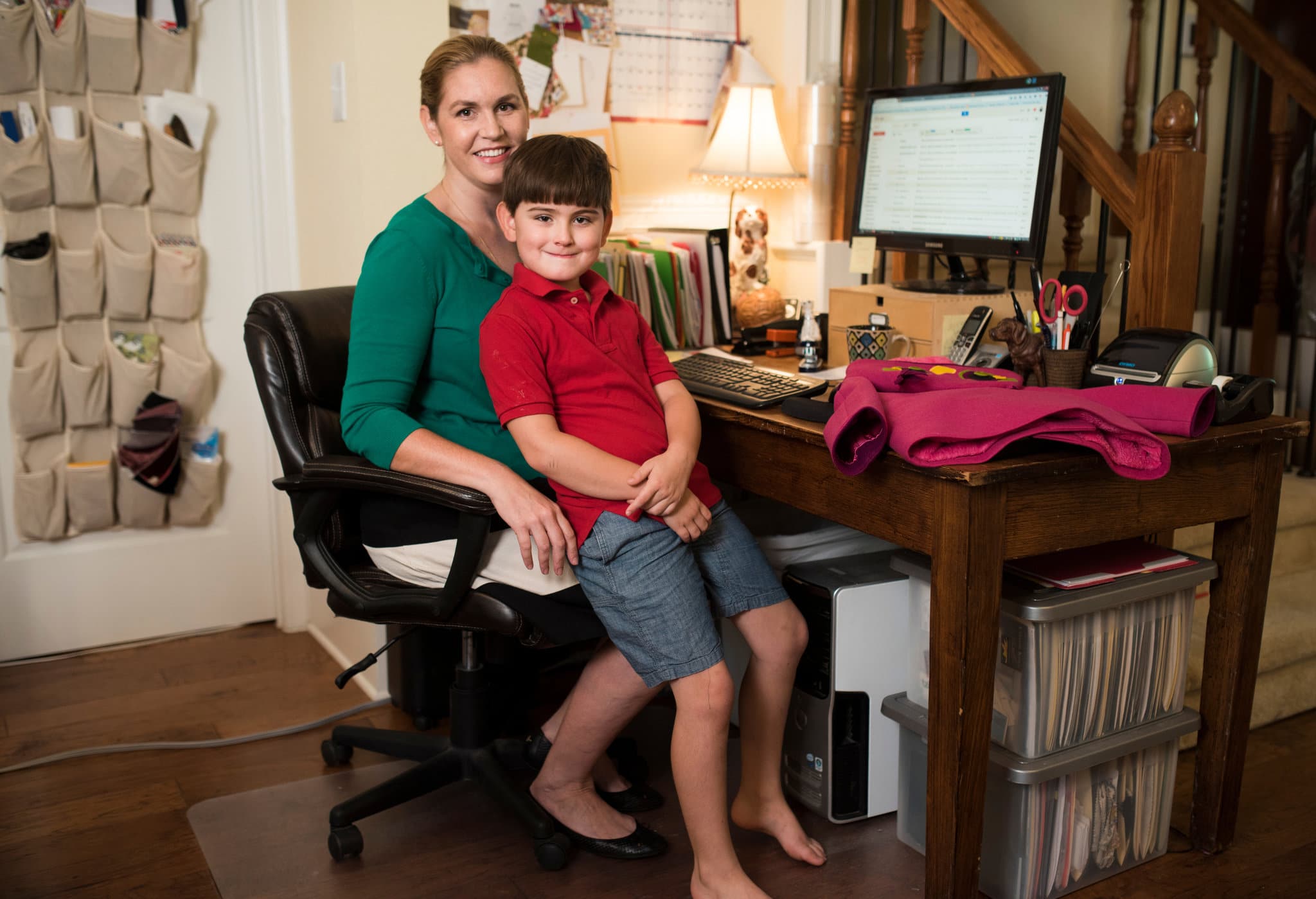Why America’s Middle Class is Lost
The middle class took America to the moon. Then something went horribly wrong.
DOWNEY, CALIF. — One day in 1967, Bob Thompson sprayed foam on a hunk of metal in a cavernous factory south of Los Angeles. And then another day, not too long after, he sat at a long wood bar with a black-and-white television hanging over it, and he watched that hunk of metal land a man on the moon.
On July 20, 1969 — the day of the landing — Thompson sipped his Budweiser and thought about all the people who had ever stared at that moon. Kings and queens and Jesus Christ himself. He marveled at how when it came time to reach it, the job started in Downey. The bartender wept.
On a warm day, almost a half-century later, Thompson curled his mouth beneath a white beard and talked about the bar that fell to make way for a freeway, the space-age factory that closed down and the town that is still waiting for its next great economic rocket, its new starship to the middle class.
They’ve waited more than a decade in Downey. They’ve tried all the usual tricks to bring good-paying jobs back to the 77-acre plot of dirt where once stood a factory that made moon landers and, later, space shuttles. Nothing brought back the good jobs.
Those jobs aren’t coming back. Not at the old North American Rockwell plant, and not in thousands of similarly socked towns.
Yes, the stock market is soaring, the unemployment rate is finally retreating after the Great Recession and the economy added 321,000 jobs last month. But all that growth has done nothing to boost pay for the typical American worker. Average wages haven’t risen over the last year, after adjusting for inflation. Real household median income is still lower than it was when the recession ended.
Make no mistake: The American middle class is in trouble.[p][/p]
That trouble started decades ago, well before the 2008 financial crisis, and it is rooted in shifts far more complicated than the simple tax-and-spend debates that dominate economic policymaking in Washington.
It used to be that when the U.S. economy grew, workers up and down the economic ladder saw their incomes increase, too. But over the past 25 years, the economy has grown 83 percent, after adjusting for inflation — and the typical family’s income hasn’t budged. In that time, corporate profits doubled as a share of the economy. Workers today produce nearly twice as many goods and services per hour on the job as they did in 1989, but as a group, they get less of the nation’s economic pie. In 81 percent of America’s counties, the median income is lower today than it was 15 years ago.
Most Americans’ best days are behind them
By Darla Cameron and Ted Mellnik
Median household income peaked at least 15 years ago in 81 percent of U.S. counties.
ABOUT THIS SERIES:
Liftoff & Letdown: The American middle class is floundering, and it has been for decades. The Post examines the mystery of what’s gone wrong, and shows what the country must focus on to get the economy working for everyone again.








So ashamed of this country. ..
Don't be ashamed. Fight back. WE the People want an economy that does not intentionally create poverty by destroying the middle class. Be ashamed of International bankers and corporations! Fight Back!
As a IBEW member I can say Join a Union, stop right to work legislation, our pursuit of happiness shouldn't be decided by politicians.
Yes, we need to fight back and demand fair wages and not let the government continue to take away from us. Forty years ago I made more than I make now and that's very sad. Our children are really suffering because of this state of affairs. When will the American people realize what's going on.
As long as we blame politicians, bankers, and things beyond our control we will never have the power to fix this. We need to seize the power we have as consumers. Realize the power is in our wallets and USE IT. Buy Made in USA, DEMAND Made in USA products. Remember this little ditty? https://www.youtube.com/watch?v=QO7VUklDlQw They may have lost this battle but the one we are fighting now is on a much larger scale and we can not afford to loose.